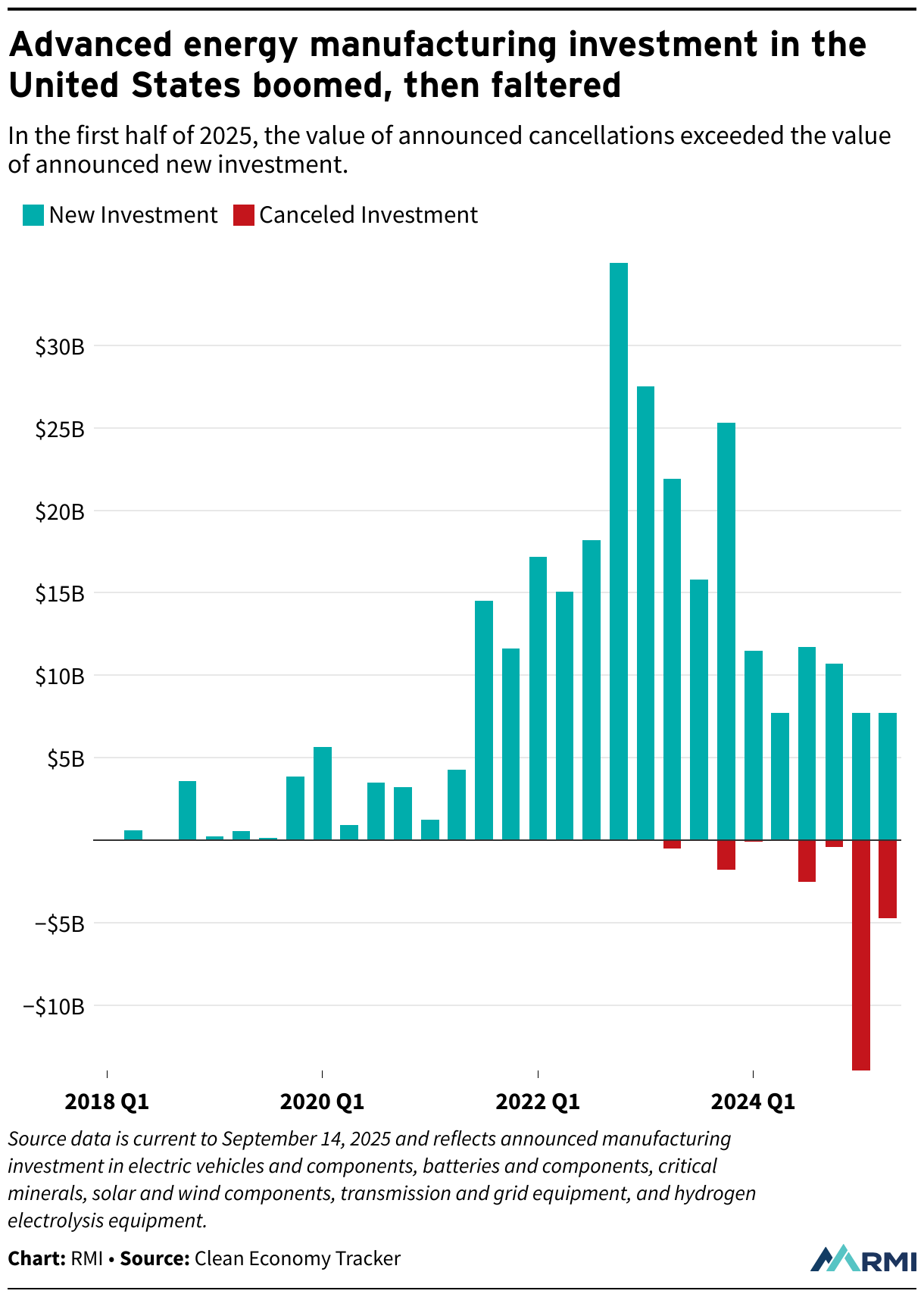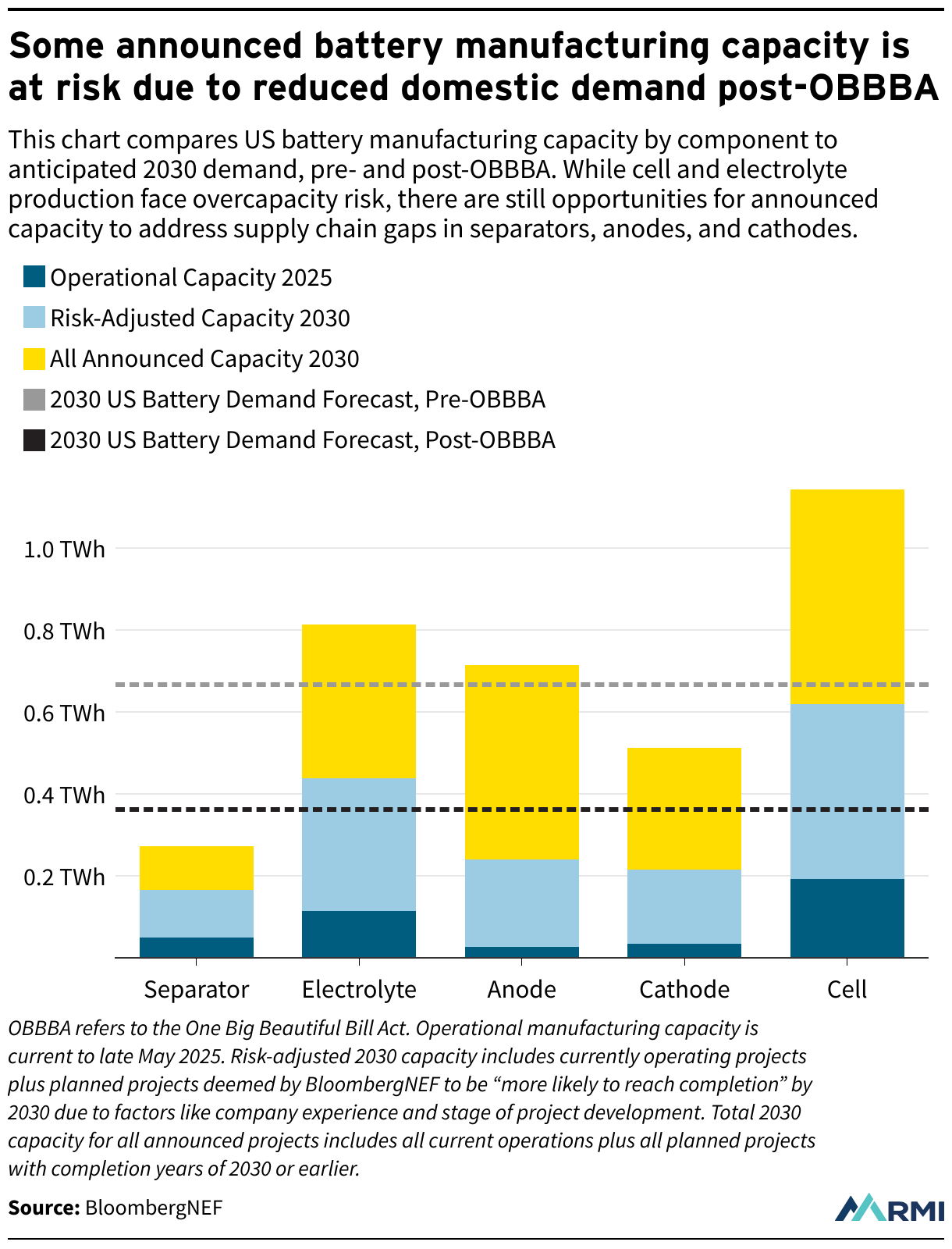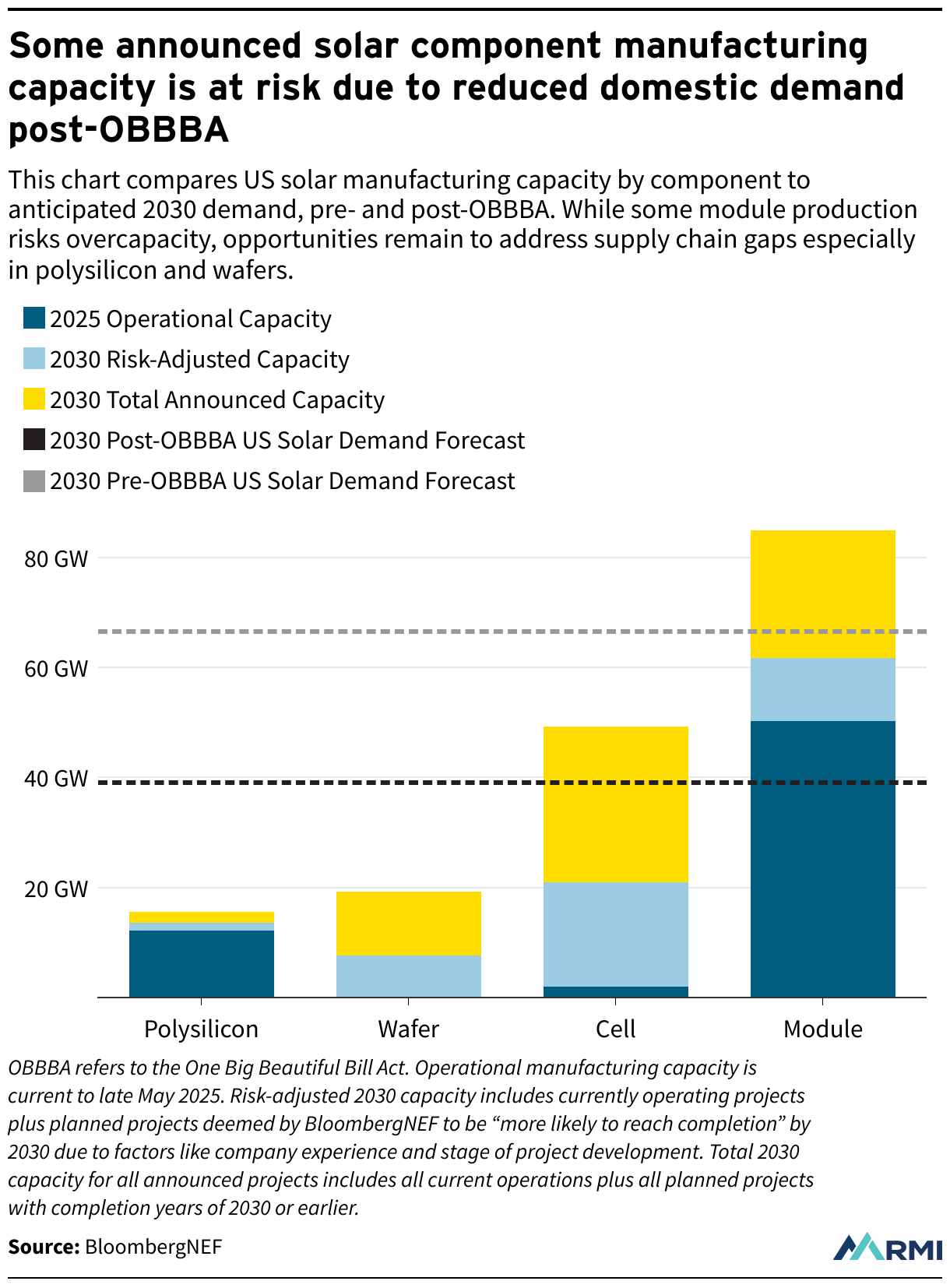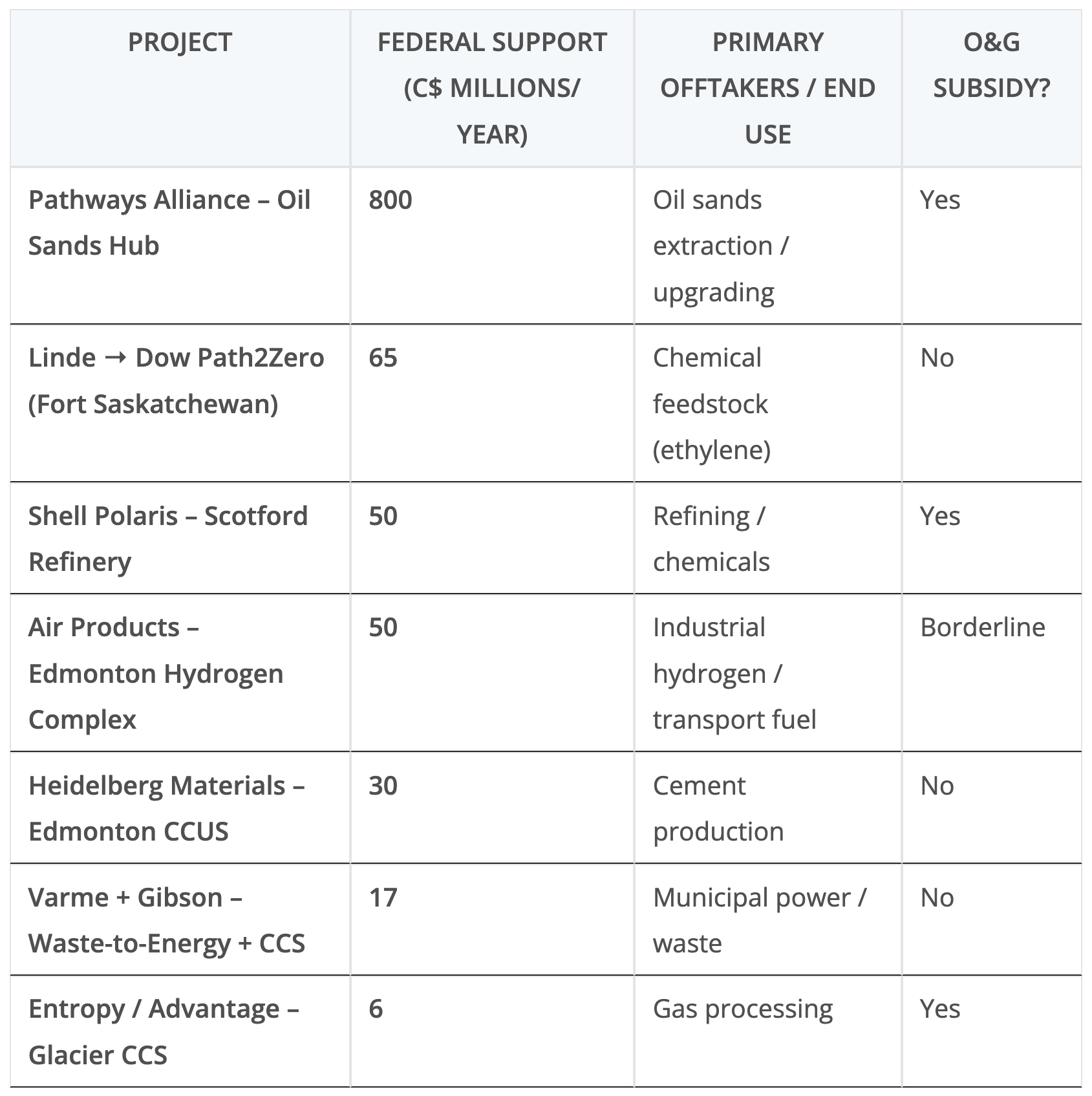Support CleanTechnica’s work through a Substack subscription or on Stripe.
Tesla’s original mission was to accelerate the transition to electric vehicles and sustainable energy. As Elon Musk and others have said numerous times, there wasn’t even much hope of the business surviving. However, it was deemed useful to push the auto industry to electrify. That seemed to work well for years.
As Tesla grew and an opportunity arose to subsume a top solar installation company (or, some would say, Elon Musk needed to bail out his cousins who founded SolarCity with him, and himself, who was Chairman of the Board), advancing solar power was added to the mission. It all fit, and Musk said it was really a mistake that solar wasn’t included from the beginning. The company was going to help do for renewable energy what it had done for electric vehicles.
Some things changed drastically this decade, however, and Elon Musk got heavily involved in other matters. At around the same time, Tesla lost its potency, growth, and cleantech impact. Politically, Musk started putting a lot of money and time into helping Donald Trump get elected. This was a shock to many Tesla followers and fans since Donald Trump, like other Republican politicians, was very opposed to renewable energy and electric vehicles.
Many did hope that Elon Musk’s involvement with the most powerful politicians in the Republican Party would lead to a shift in party policies and Republican policymakers might get on the side of renewables and electric cars and trucks more. However, that is not how things have gone, and there’s actually as extreme an assault on these clean technologies as there has ever been.
The stories have been piling up. It’s heartbreaking, and it was also all too predictable.
- The US EV tax credit has been killed, and the solar tax credit is a dead man walking. Overall, the Big Bad Budget Bill has been a disaster for clean technologies.
- Automakers have already pulled back on their EV production and sales plans in the US, including GM’s big retreat. (Considering one of Elon Musk’s big stimulants for his involvement in Tesla was GM killing its EV1 program and even crushing the cars, this is especially ironic.)
- Esmeralda 7 was going to be the largest solar power project in the US, and one of the largest in the world, and despite several major corporations doing tons of work on this and planning to invest billions of dollars, the Trump administration seems to be spuriously trying to kill it with red tape — while oil, gas, and coal projects don’t have to deal with such barriers.
- Similarly, offshore wind power projects with development underway, billions invested, and approvals already granted have been yanked back to limbo. See here, here, here, and here.
- The US is also now pressuring other countries to abandon clean energy and climate goals.
- All the while, Republicans in Congress and Trump have pumped more giveaways to fossil fuel industries.
- Trump has even forced a utility company to keep an old coal power plant open, and there have been attacks on states’ rights to have cleaner policies.
- Look at this chart (from RMI) of advanced energy manufacturing investments that have been canceled this year:
- And look at how forecasts key to EVs and renewable energy have changed:
Overall, it’s just a horrible multi-pronged attack on Tesla’s original and secondary mission. Naturally, it’s not all about Tesla, but it’s certainly ironic how this all came about….
Unfortunately, we’ll have more updates on these things as the year and the Trump administration move along.
Sign up for CleanTechnica’s Weekly Substack for Zach and Scott’s in-depth analyses and high level summaries, sign up for our daily newsletter, and follow us on Google News!
Have a tip for CleanTechnica? Want to advertise? Want to suggest a guest for our CleanTech Talk podcast? Contact us here.
Sign up for our daily newsletter for 15 new cleantech stories a day. Or sign up for our weekly one on top stories of the week if daily is too frequent.
CleanTechnica uses affiliate links. See our policy here.
CleanTechnica’s Comment Policy







